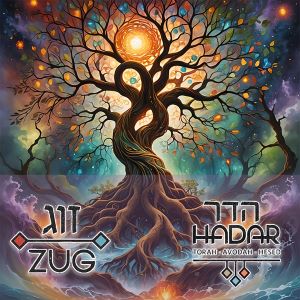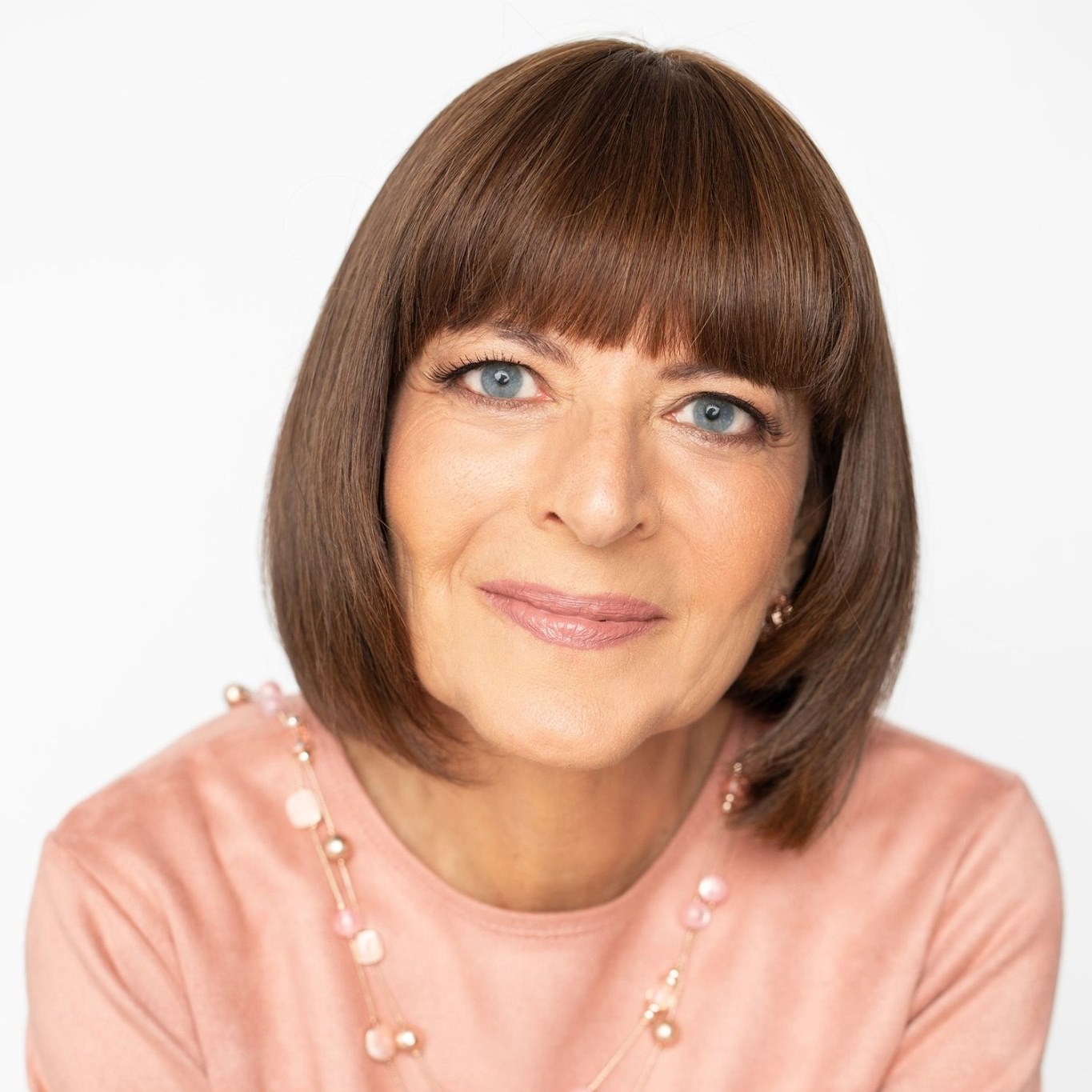Jewish texts and history on timeless resilience.
ONLINE
WEDNESDAY, 12:00-1:30pm (ET), October 29, 2025 - November 19, 2025

With My Grandfather
by Zelda (Israeli Poet, 1914-1984)
Like our father Abraham
who counted stars at night,
who called out to his Creator
from the furnace,
who bound his son
on the altar –
so was my grandfather.
The same perfect faith
in the midst of the flames,
the same dewy gaze
and soft-curling beard.
Outside, it snowed;
outside, they roared:
“There is no justice,
no judge.”
And in the shambles of his room,
cherubs sang
of the Heavenly Jerusalem.
© Translation: 2004, Marcia Lee Falk From The Spectacular Difference
Publisher: Hebrew Union College, Cincinnati, 2004.
Course Description :
The last five years have brought with them tremendous loss and uncertainty. From COVID to October 7th to the visible rise of antisemitism in the world, nothing is as it had been. On a personal and communal level, many of us find ourselves grieving very tangible losses: the loss of life above all, the loss of financial security, and the loss of the intimacy of in-person relationships. At the same time, we find ourselves mourning abstract but very real losses: the loss of the world we once knew, the loss of a sense of security, the loss of normalcy.
Throughout the ages, the Jewish people have experienced significant downfalls and periods of great adversity from the flood that nearly destroyed the world to the destruction of the Temple to the Holocaust, an unprecedented time of darkness and despair. And yet, each time, the Jewish people drew on wellsprings of resilience to not only continue on but to continue forward, rebuilding for the next generation.
In this four-session course, we’ll look to our own tradition, focusing on narratives from the Torah as well as the events of Jewish history to mine our texts for wisdom on resilience. We’ll ask: what are the different shapes resilience takes and how might we cultivate our own capacity for resilience based on the wisdom of Jewish tradition?
Affiliation: This course is presented in affiliation with the Hadar Institute and is one of their Project Zug curricula.

